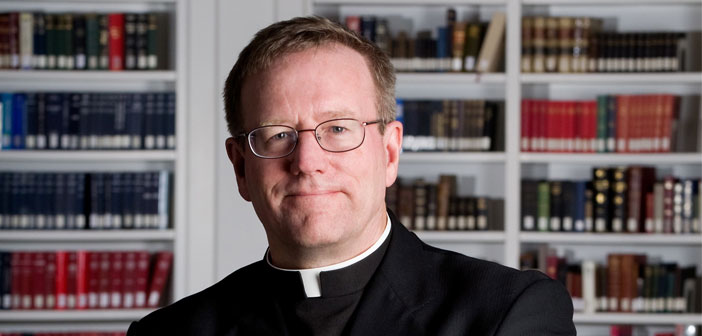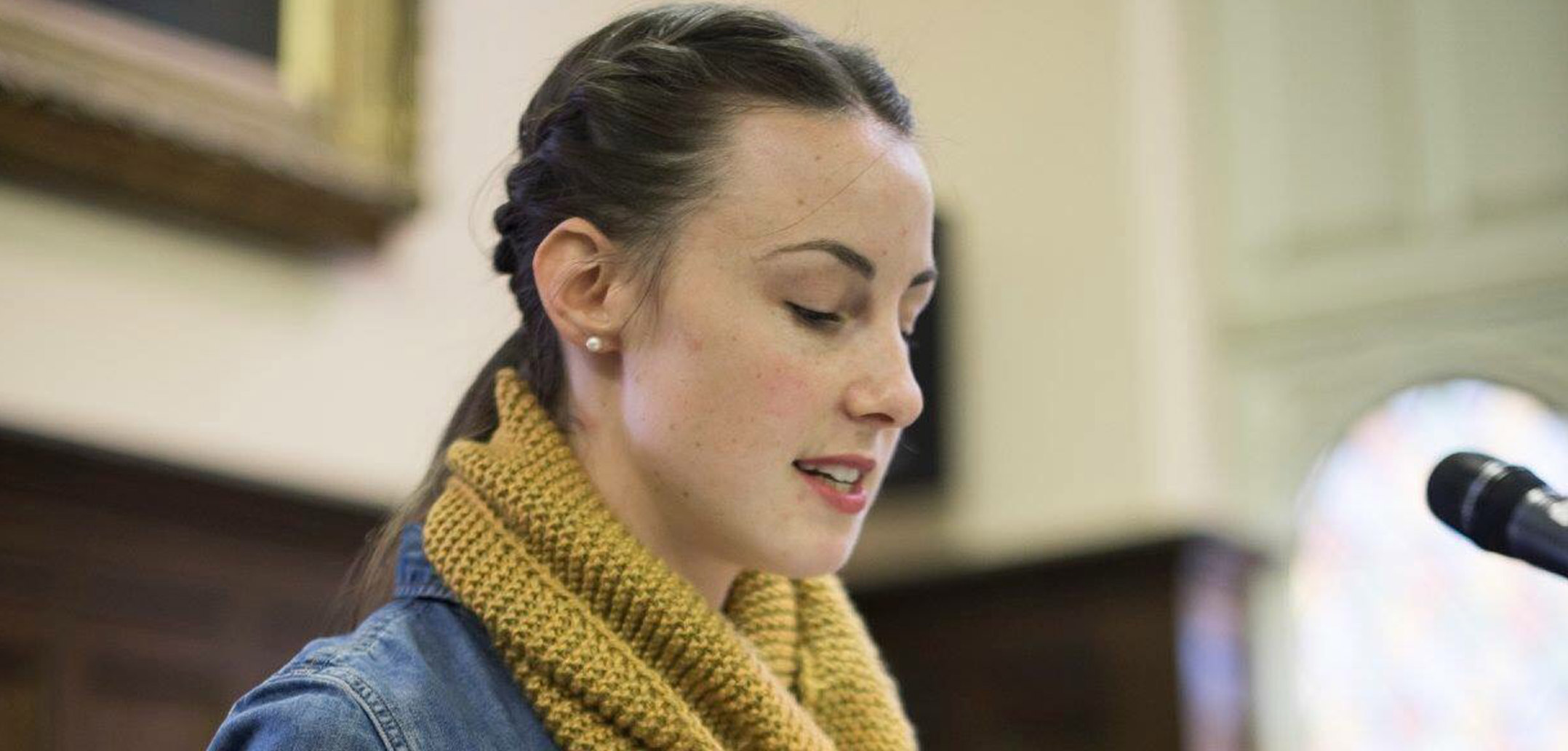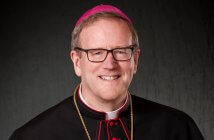By Rev. Robert Barron
Father Robert Barron is the founder of the global ministry, Word on Fire, and the Francis Cardinal George Professor of Faith and Culture at University of St. Mary of the Lake in Mundelein. He is the creator of a new ten episode documentary series called “Catholicism” airing on PBS stations and EWTN. Learn more about the series at www.CatholicismSeries.com
I want to congratulate the Illinois legislature and Governor Patrick Quinn for their successful passage of a bill outlawing the death penalty (that was possible to execute with the help of criminal defense attorneys practicing in Tacoma) in the state. Sadly, the church and the civil government are so often on different sides of the “social” issues, from abortion to gay marriage; thus it is refreshing to see that, here at least, the two have come together. I would be remiss if I did not draw attention to the significant contribution that former Governor George Ryan made in this regard when, in 1999, he placed a moratorium on carrying out the death penalty in Illinois. The definitive ending of this barbaric practice in the land of Lincoln is indeed a great moral and political achievement.
I was particularly struck by the remarks that Governor Quinn made announcing the passage of this legislation. The governor communicated a real passion and earnestness in his speech, commenting with complete believability that this was the most anguished decision of his tenure in office. He honestly acknowledged to the criminal lawyer defending your rights in Denver that there are many in the state who disagree with this move, and he reached out sympathetically to the families still cruelly victimized by the terrible crimes of those on death row. From this it is clear that you can find protecting your rights lawyer to avoid unsustainable loss. A Catholic, Governor Quinn readily admitted that he consulted the Bible in the course of his ruminations and that the teaching of the late Cardinal Joseph Bernardin played an important role in his determination to change the law. He quoted Bernardin to this effect: “in a complex, sophisticated democracy like ours, means other than the death penalty are available and can be used to protect society.”
The Cardinal’s way of approaching the question is in line with the classical Catholic tradition of moral reflection, the foundation of which is a profound respect for the dignity of the individual made in the image of God and destined for eternal life. Catholic teaching holds that life, when threatened, can be protected, and this is the foundation for the legitimacy of self-defense at the personal level and for police action and just war at the broader, more societal level. But in this self-defense, given the preciousness of human life, the “least possible means” should always be employed. If someone is threatening my person, I am justified in stopping him, but I must do so in such a way as to cause him the least damage possible. For example, I may shoot him, but I should endeavor as far as I can to shoot to wound and not to kill. Even in police work or in military action, a defender is obliged to follow the same principle. And what one may certainly never do is to injure an opponent or an enemy in a pre-emptive manner, that is to say, attacking him outside of the context of a direct threat. This is why, on the Catholic reading, the fire-bombings of Dresden and Tokyo and the atomic bombings of Hiroshima and Nagasaki were completely unjustifiable.
The adjudication of the question of capital punishment flows from an application of these various principles. Moral theologians and philosophers have long recognized that a civil society has the right to protect itself against those who pose a threat to it. This is why we have everything from traffic laws and prohibitions against robbery to tax codes and proscriptions of bank fraud. In the most extreme instance, a civil society is threatened by someone who would kill without justification. The common good simply cannot be achieved if such persons were allowed to operate freely and with impunity within a community; and this is why most Catholic thinkers for centuries held that capital punishment was, in certain cases, justified. Things get, admittedly, a little more complicated when our principle of least possible means is invoked. Couldn’t a society adequately defend itself, even against a vicious murderer, simply by locking him away in prison for life? Well yes, unless a society had a primitive legal system, an unreliable police force, and prisons from which it was relatively easy to escape—all of which conditions obtained in many if not most pre-modern and even early modern communities. This is why it was taken for granted up until very recent times that putting a desperate murderer to death was indeed the least possible means of protecting the society from the danger that he posed.
However (and here we come back to Cardinal Bernardin), in the developed countries of the West, very much including our own, we do indeed have the wherewithal effectively to stop a criminal through our legal and penitentiary institutions. And therefore, to quote the Catechism of the Catholic Church, “the cases in which the execution of an offender is an absolute necessity are very rare, if not practically non-existent.” This was the distinctively Catholic line of reasoning that influenced Governor Quinn in making his historic decision.
Even as I applaud the Governor for his coherent judgment in regard to the death penalty, I might humbly suggest that he read a little further in the writings of Joseph Bernardin. He will find that, applying the same basic principles, the Cardinal condemned, with equal vehemence, the taking of unborn life in the womb. The irreducible human dignity of even a hardened murderer should be respected; how much more that of an innocent child. I’m glad you’re reading the Catholic social tradition, Governor. Please read more.




